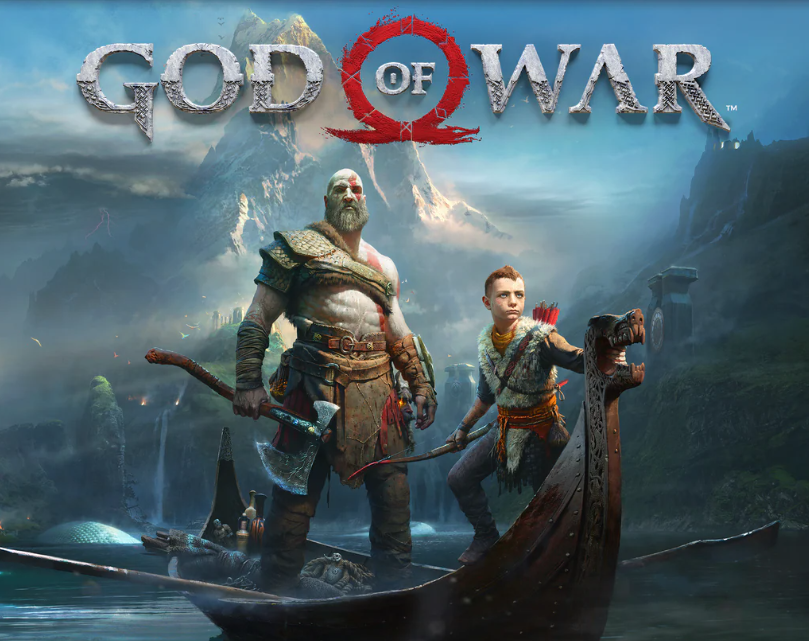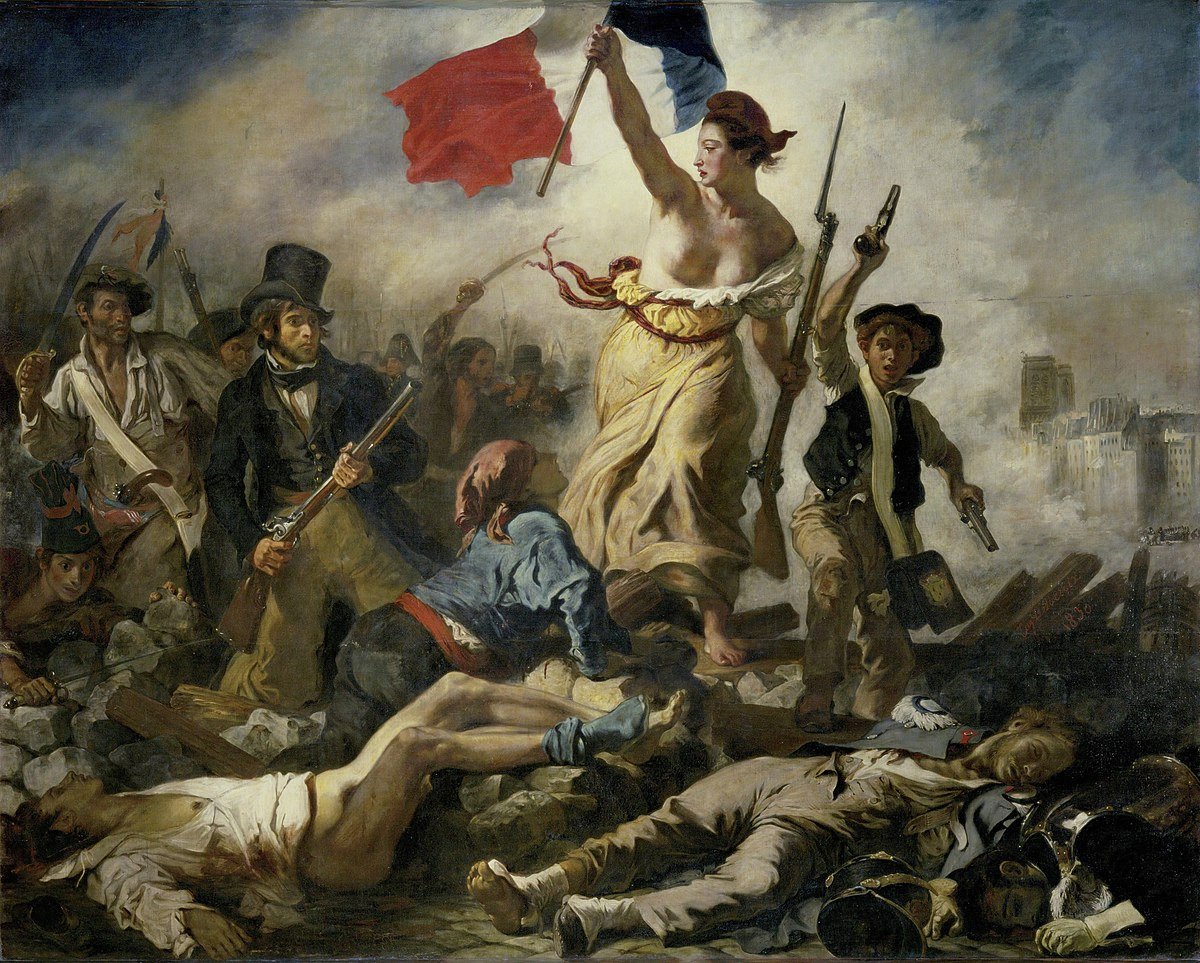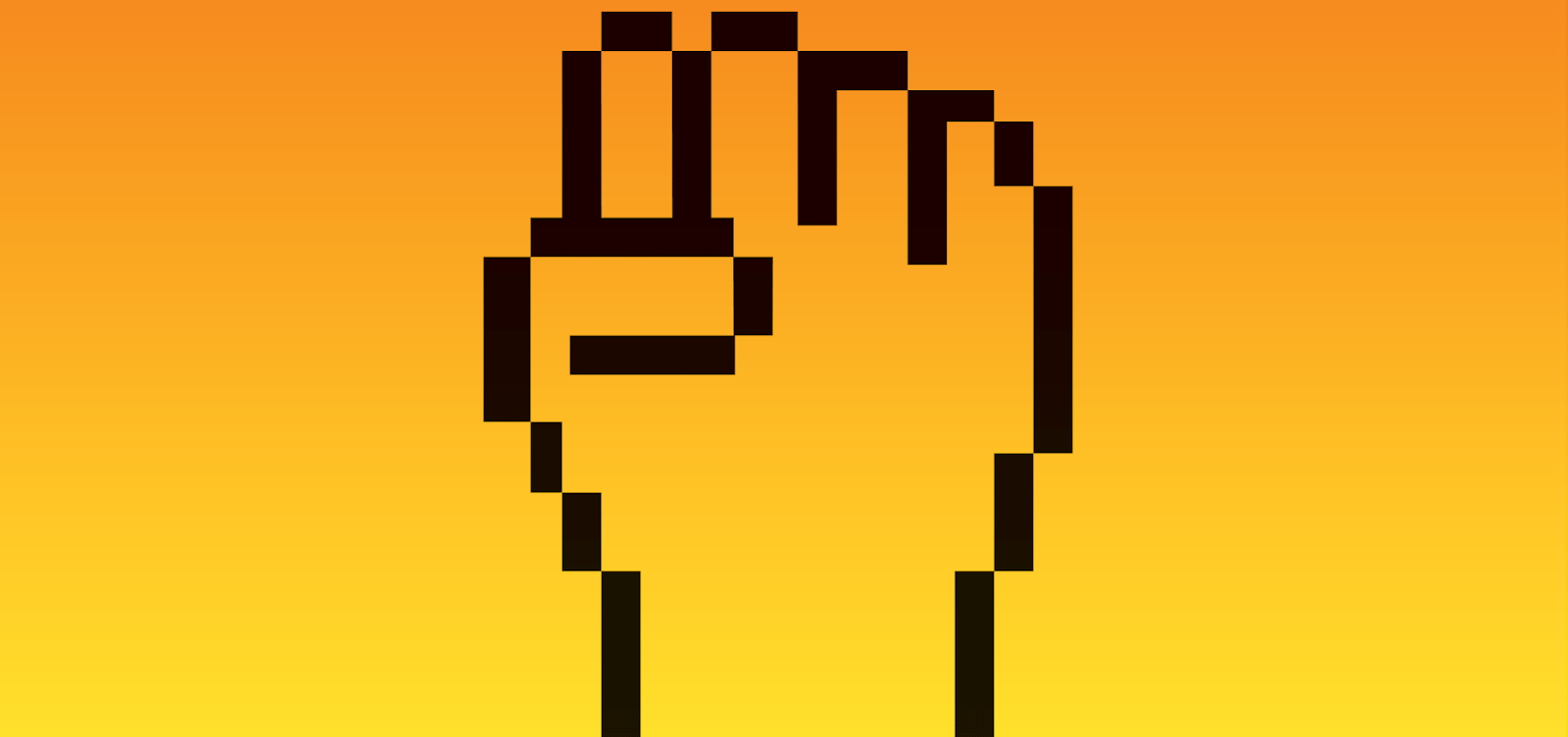Sanika Week 10: The Separation of Powers
The Separation of Powers “Separation of powers” is a phrase that we likely have all heard of either through our history classes or the media. To define it, separation of powers is a model that “divides the government into separate branches, each of which has separate and independent powers” (“ Separation of Powers ”). Generally, this consists of the three branches we know: the Legislative Branch, the Executive Branch, and the Judicial Branch. An evident example of separation of powers being used in a government is, of course, the United States. “Separation of powers” is also known as “trias politica,” and was originally devised from Baron de Montesquieu, an Enlightenment philosopher. Monstesquieu claimed that “to most effectively prompt liberty, these three powers must be separate and acting independently” ( Separation of Powers: An Overview ). The Founding Fathers of the United States were also influenced by Mostesquieu’s idea of “trias politica” and incorporated it into one of the mo...









